The Big Picture
- Pachinko on Apple TV+ revolves around a multi-generational Korean-Japanese family saga struggling to survive and thrive.
- The series explores themes of discrimination, generational trauma, and the pursuit of success against the odds.
- Pachinko uses the titular game as a metaphor for life's chances and the generational gap within the family's story.
Author Min Jin Lee’s multi-generational Korean-Japanese saga — Pachinko — is back on Apple TV+ for its second season, after critical praise for its beautifully captured Season 1. Carrying the tale of four generations of the family of its Korean protagonist Sunja (played by Academy Award-winning Youn Yuh-jung) through the majority of 20th century Japan and Korea, the series focuses on a broad range of topics. From the lives of Korean immigrants in Japan and the impact of the Japanese occupation on millions of Koreans to the ever-persistent generational trauma that transforms into a family heirloom being passed down from generation to generation, Pachinko delves deep into a complex time in Japan and Korea’s history. At the center of it remains Sunja and her family’s struggle to survive in evolving times, relying on each other for material and emotional sustenance and bringing to life a family story rooted in history. Clearly, for a story as complex and layered as Pachinko’s, Lee’s decision to name her second novel after a Japanese variant of slot machines often used for gambling is one that’s interesting as much as it is rich in context. The true meaning behind Pachinko’s name goes beyond its significance as an arcade game.
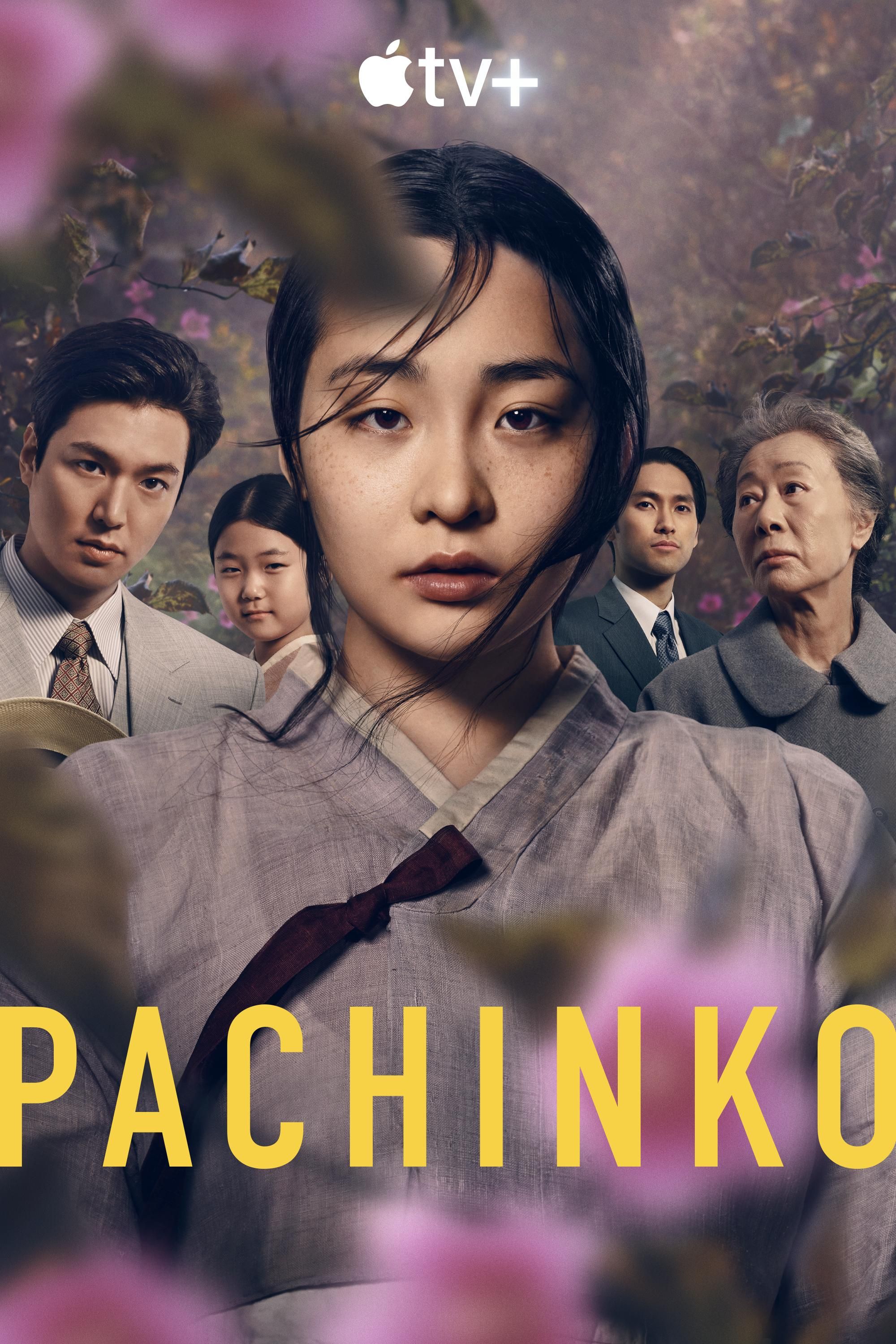
Pachinko
Based on the New York Times bestseller, this sweeping saga chronicles the hopes and dreams of a Korean immigrant family across four generations as they leave their homeland in an indomitable quest to survive and thrive.
Release Date March 25, 2022
Creator Soo Hugh
Cast Jin Ha , Soji Arai , Jun-woo Han , In-ji Jeong
Main Genre Drama
Seasons 2
What Are Pachinko Parlors in Japan?
A popular arcade game in Japan, Pachinko is a mechanical game similar to Western pinball machines. Often resembling a vertical pinball machine, a pachinko machine involves the player loading small steel balls into the machine. The steel balls will then be launched into the playing area using a spring-loaded handle. The player must then use the several pins in the playing field to direct the balls into cups. Each ball falling into the cups will result in a payout, with the player winning more steel balls. At the end, the balls can be exchanged for "prizes." Pachinko parlors are a common phenomenon in Japan, with these parlors looking and acting similar to casinos.
Although gambling is illegal in Japan, pachinko parlors provide an alternate mechanism for gambling to exist and function in the shadows, according to Reuters. At the pachinko parlor, the balls cannot be exchanged for money. Instead, the balls are exchanged for "prize tokens" which can then be taken to another vendor where the tokens can be exchanged for money. The vendors would then sell the tokens back to the pachinko parlor, generating a small profit for the vendor. However, this entire mechanism allows pachinko parlors to dodge the gambling laws in the country. According to Tokyo Vice author and investigative journalist Jake Adelstein, a deep nexus exists between authorities, including the police agency, and the pachinko parlors.
What Is the Significance of Pachinko in Apple TV+ Series?
In Pachinko, Sunja (her younger version played by Minha Kim) migrates to Osaka in Japan after her marriage to pastor Baek Isak (Steve Sang-Hyun Noh). Early in the story, Sunja gets pregnant with an influential man, Koh Hansu's (Lee Min-ho), child, but Sunja estranges Hansu after coming to know that he is already married. Over the years, Sunja builds a life for herself and her family in Japan. Her younger son, Mozasu (Soji Arai), drops out of university and pursues a career as a pachinko boy, eventually ending up owning a pachinko parlor and amassing considerable wealth. Mozasu’s association with the pachinko business becomes a turning point for Sunja’s family.
Naturally, in Japanese-occupied Korea and ethnically divided Japan, it was extremely difficult for Koreans to find ways to climb the social hierarchy. Mozasu’s ownership of a pachinko parlor allows the entire family to get rid of the material limitations hindering their progress. Eventually, Mozasu manages to send his son Solomon (Jin Ha) to Yale University, where he acquires an education and a job at an American company, until his return to Japan in the first episode of Pachinko. However, the significance of pachinko in the story of Sunja’s family is more than just a game or a gateway into business success.
‘Pachinko’s Themes Are Interwoven With Its Title
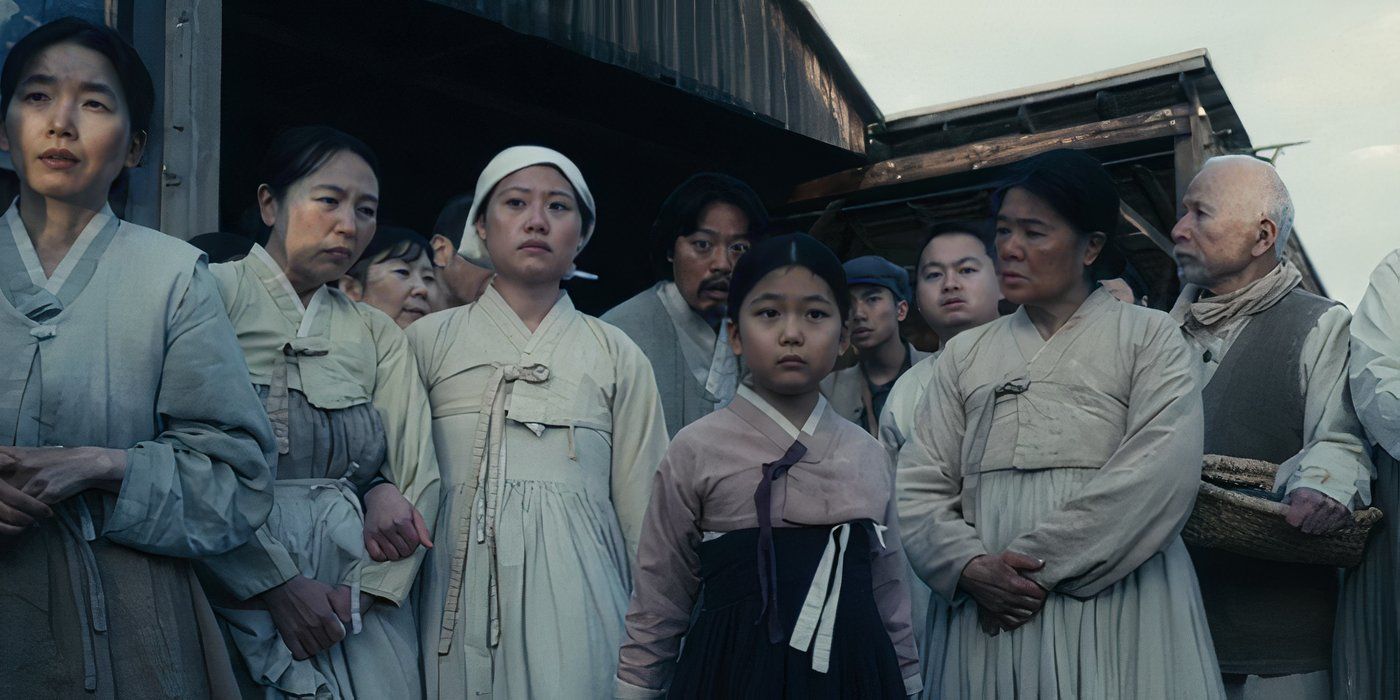 Image via Apple TV+
Image via Apple TV+ In the Apple TV+ series, pachinko is more deeply connected with the running themes explored in detail in the novel that is the source material. Sunja and her family’s struggle as immigrants in Japan as Korean immigrants can be paralleled with the experience of a player going into a game of pachinko. In its rudimentary form, pachinko is a game of chance, with odds often rigged against the player. The control yielded by the player during a pachinko game is only an illusion, this is not unlike the control yielded by Koreans under Japanese occupation (if any control existed at all).
As depicted in the series through multiple instances, Sunja and her family members continuously faced discrimination in Japan, whether it was in the past or the present. The challenges of leaving their homeland and living in a country that discriminates against them continues to haunt the family. Yet, the essence of Pachinko remains in the persistent nature of human struggle. Despite the odds, Sunja built a life for herself, taking the failures in stride and embracing the wins life threw her way. In Pachinko, life is as much a matter of chance as a pachinko game, and one must return to take another chance, no matter what the result was the previous time. Pachinko is a metaphor for life in the way it is experienced by the characters, with each choice affecting future choices while, in turn, being affected by factors completely out of the player’s control. For Sunja, despite whether she wanted to marry Hansu or not, she had to marry Isak — a decision that resulted in her travel to Osaka where the rest of her life unfolded in myriad different ways.
Pachinko’s Title Highlights the Generational Themes Within the Story
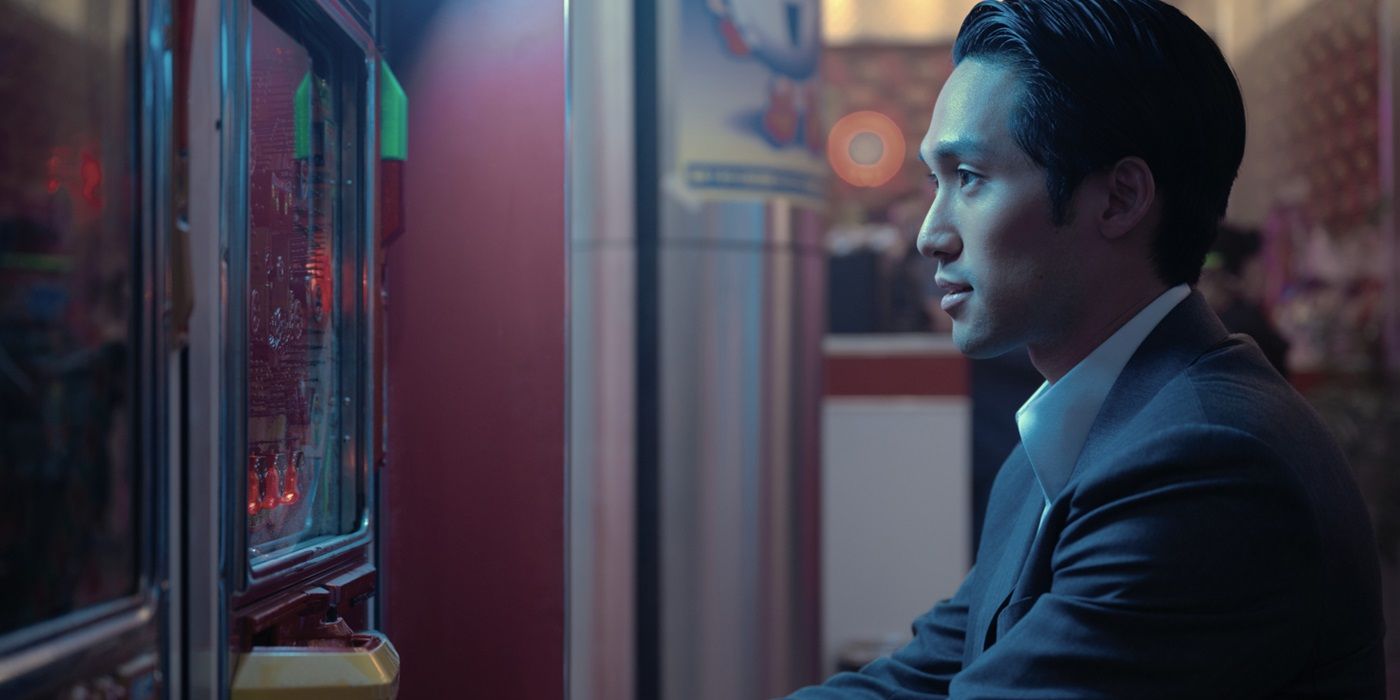 Image via AppleTV+
Image via AppleTV+ Pachinko is also a symbol of a generational gap between the past and the present captured in the story. This is visible in the worldview shared by Solomon and his father Mozasu. Early in his life, Mozasu decided he didn’t want to follow the same path as his elder brother Noa, an academically brilliant student. In the book, Noa pursues his education at the elite Waseda University, whereas Mozasu turns to working at a local pachinko parlor. Over time, Mozasu builds his reputation and ends up owning the parlor where he worked. However, in Japan, the pachinko business is often considered tainteddue to its association with gambling and the yakuza.
Consequently, Mozasu chooses a different life for Solomon, sending his son to the United States for an education so he does not inherit the business. While pachinko has helped elevate Mozasu’s family in Japan, it’s a downgrade for Solomon in both Solomon's eyes and his father's. In the book, Mozasu’s Japanese girlfriend Etsuko (Kaho Minami) does not agree to a marriage with Mozasu, partly because of Mozasu’s involvement in a tainted business, reflecting the perception of the Japanese of pachinko. Consequently, Solomon’s initial perception of pachinko is the same shared by the rest of Japanese society. It becomes evident early in Season 1 that Solomon looks down upon his father’s pachinko business when he learns that his father is expanding and taking a loan for another parlor. Storylines, character choices, and major events in Pachinko have metaphorical connections with the broader game of pachinko going on in the backdrop, affecting the lives of everyone involved like a butterfly effect.
Season 1 and Season 2 of Pachinko are available to stream on AppleTV+ in the U.S.

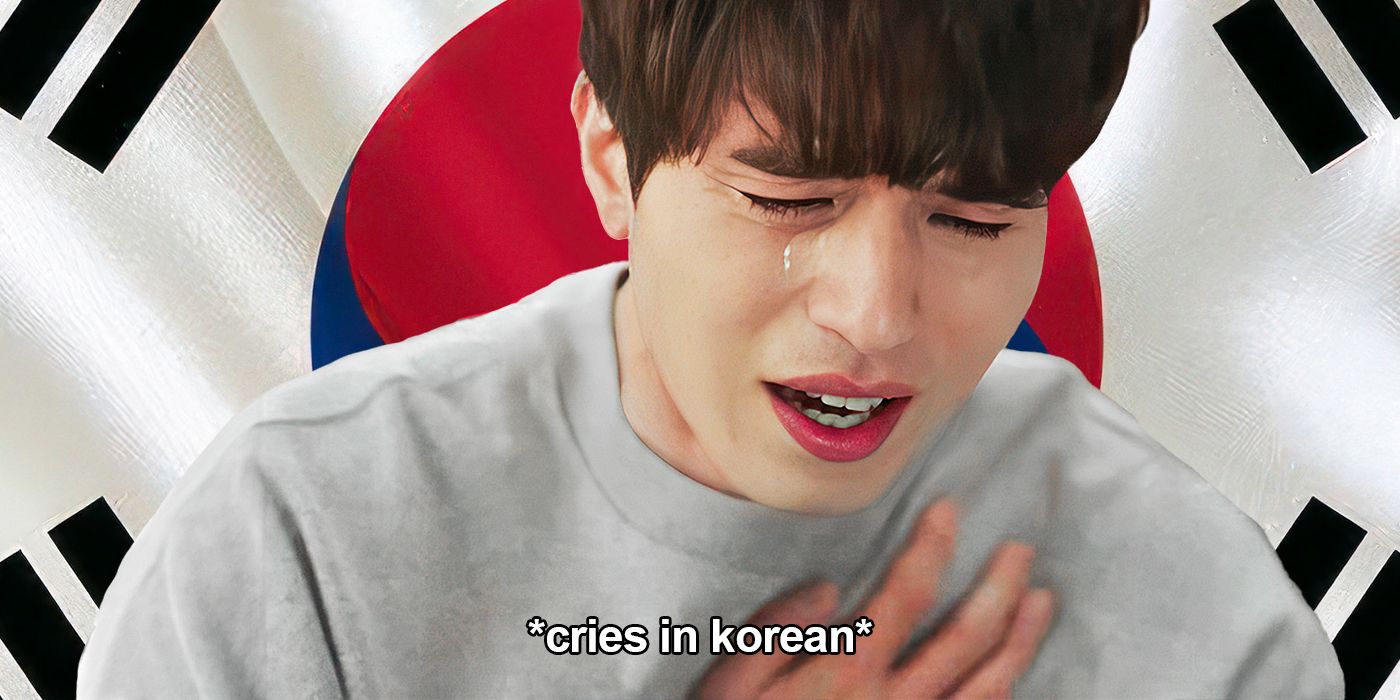


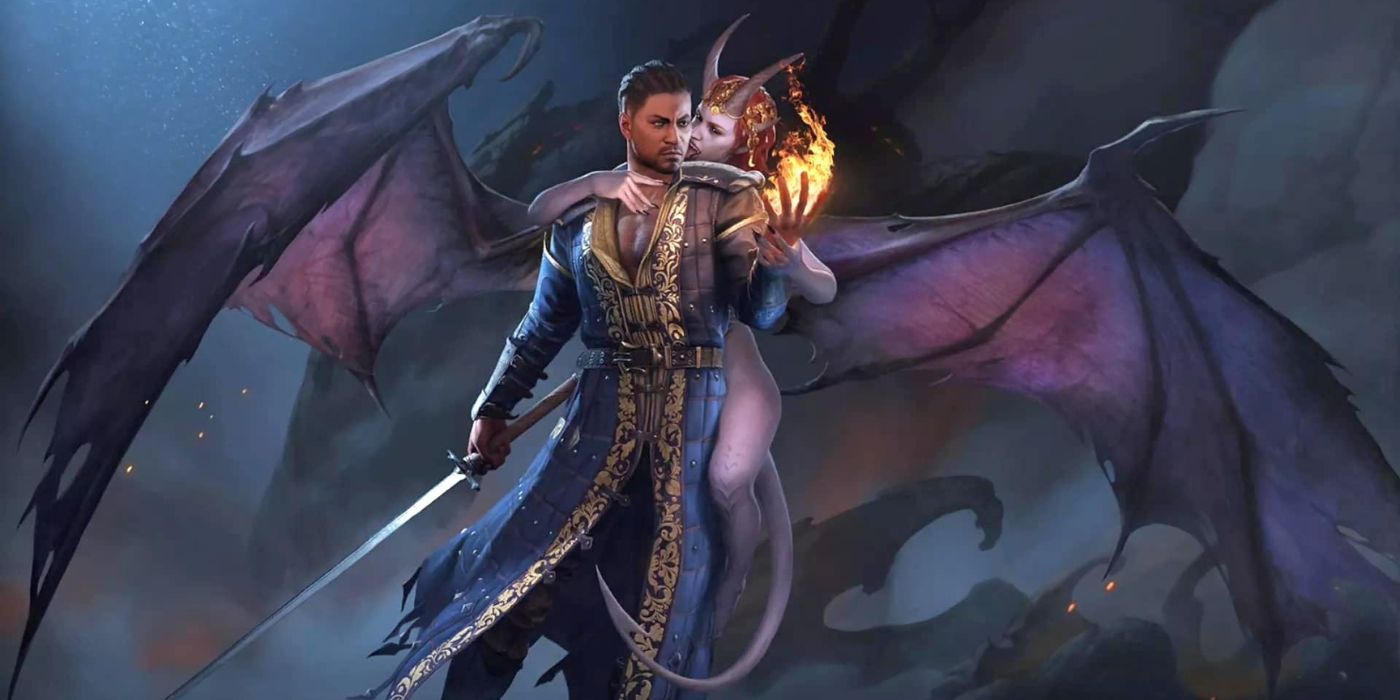

:quality(85):upscale()/2024/10/16/849/n/1922153/26bd557a671012b78458f6.94017011_.png)


:quality(85):upscale()/2023/02/22/727/n/3019466/7139a92963f6429109d310.19360920_.jpg)
 English (US) ·
English (US) ·